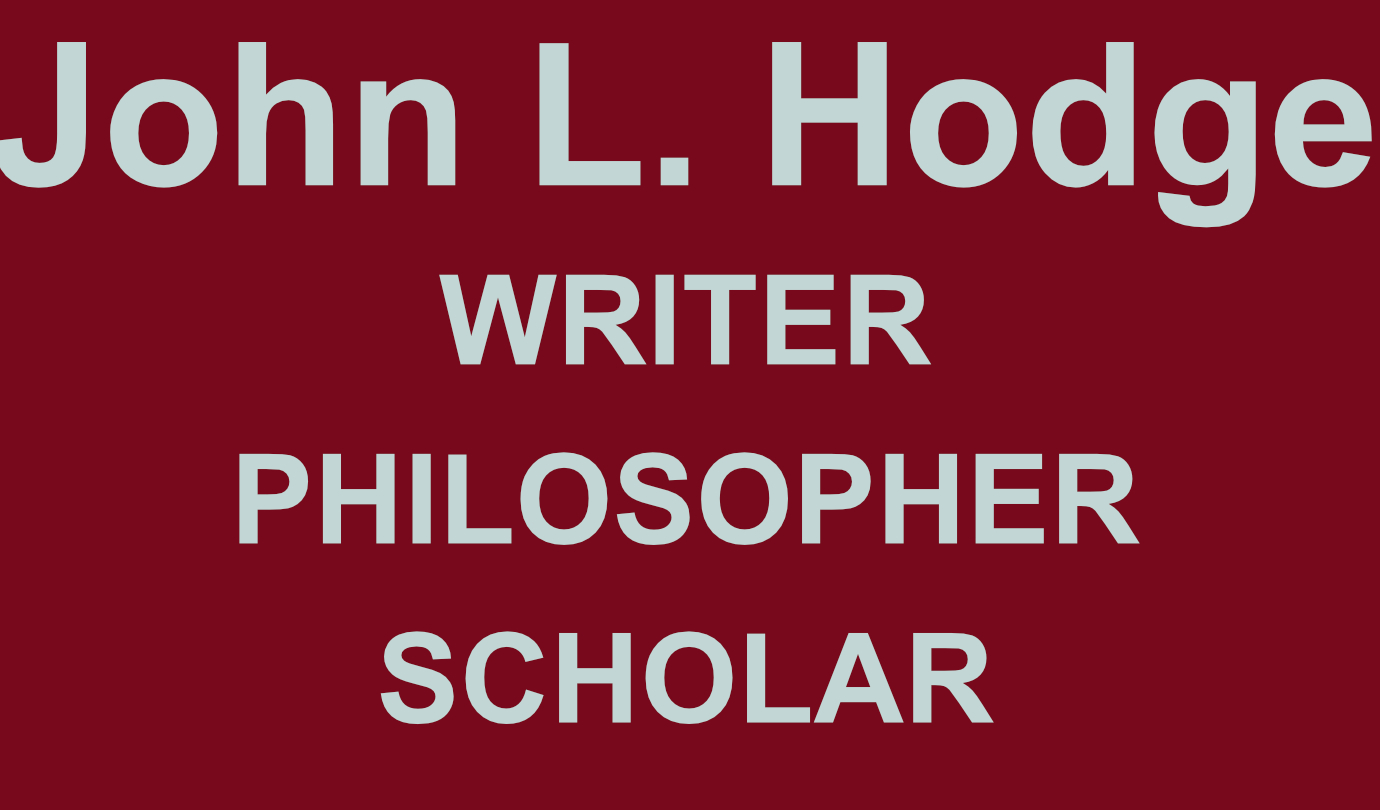“Democracy and Free Speech:
A Normative Theory of Society and Government”
by John L. Hodge
Chapter 5 of The First Amendment Reconsidered
ed. B. Chamberlin and C. Brown (Longman, 1982)
This chapter redefines what free speech means in a democratic society.
this chapter addressed the reform needed to prevent wealth from controlling politics.
This reform requires rethinking the meaning of the First Amendment.
Had the United States Supreme Court understood this needed reform,
it would have decided Citizens United differently.
But much of the groundwork underlying Citizens United
had already been laid years before. This chapter criticizes those prior decisions
of the United States Supreme Court that thwart legitimate attempts
to reduce the influence of wealth on the electoral process.
.
This quote is a partial summary of the chapter:
"In this essay, the democracy principle has been postulated
as the basic premise of a desired society.
A society based on this principle must contain a basic right of free speech
distributed equally among its citizens. That right is intimately related to the goal
that each citizen have an equal right to determine the nature and actions of government.
The right is not a mere freedom from governmental interference
but is a right against government that government affirmatively act
to maximize the diversity of certain political forms of speech.
At the core of this right is speech involving political communication relevant to ballot issues.
The extent to which government fails to carry out these duties is the extent to which the democracy principle
fails to be effective."
THIS BOOK IS OUT-OF-PRINT, BUT IS AVAILABLE FROM MANY LIBRARIES.
USED COPIES MAY BE AVAILABLE
The First Amendment Reconsidered: New Perspectives on the Meaning of Freedom of Speech and Press


